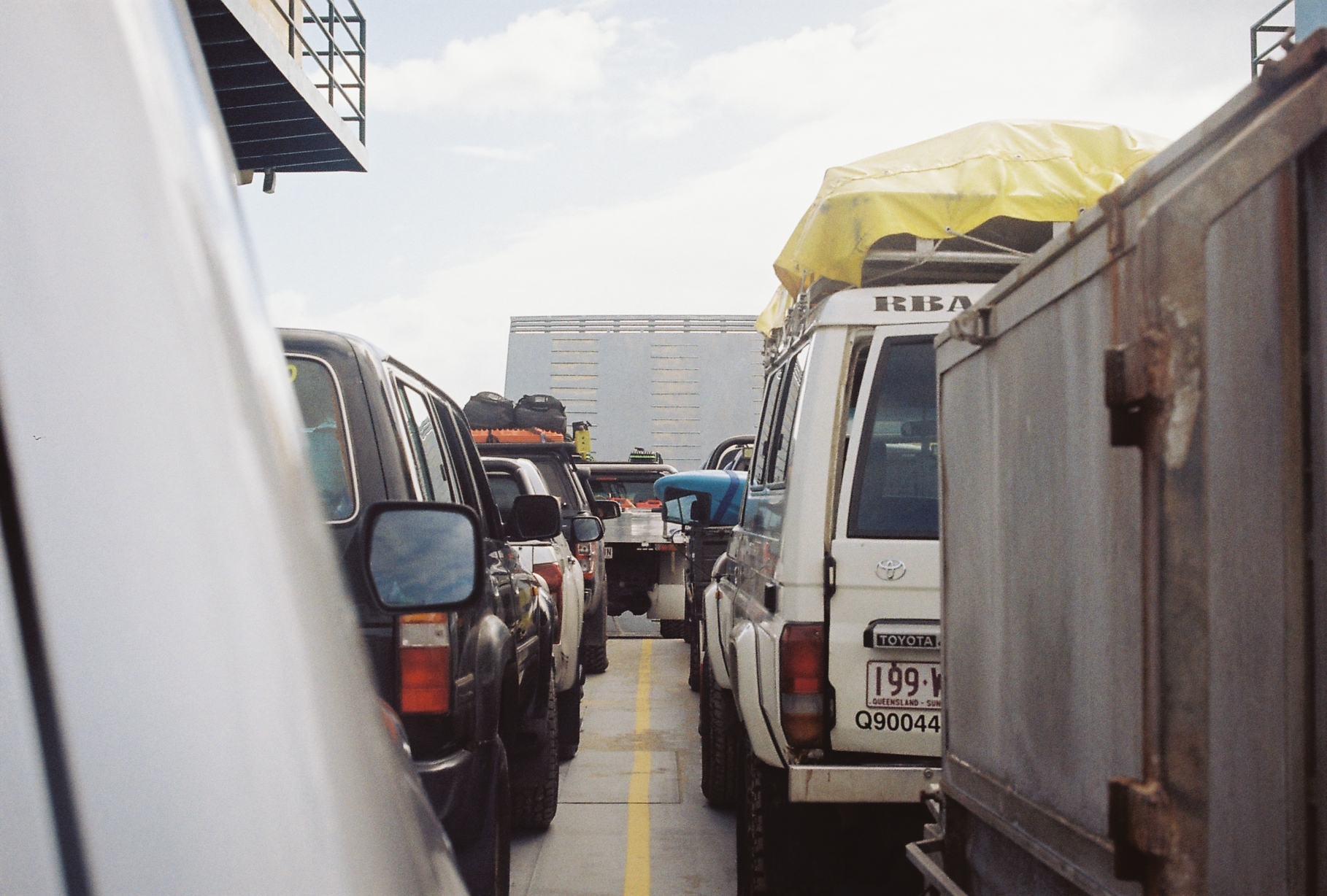Words: Maia Fleming Pachalski (she/her)
*This article was written prior to Lula da Silva’s 30th October election victory.
Brazil is reeling. As it votes to elect its next President, on the ballot paper lies an inherent juxtaposition of economic growth versus protecting the environment; and inclusion and solidarity versus discriminatory violence and disregard for human rights. The results of the first round of voting were inconclusive, with Luis Ignacio Lula da Silva (Lula) receiving 48.4% of the vote, and Jair Bolsonaro confounding the polls to receive 43.2%. The future of the country is in limbo.
Both candidates have served as President before, with their terms in office having very different impacts on the country. Lula’s two terms precipitated a commodity boom, growing the economy and making great progress in reducing poverty and hunger through programmes such as Bolsa Familia. It was not short of controversy, however, with his party being involved in corruption, most significantly the cases of money laundering in the Petrobras scandal. This led to his exclusion from the 2018 election and him spending 580 days in prison, although his incarceration is now widely recognised as being politically motivated. Nonetheless, it allowed Bolsonaro to have a winning chance at the presidency at the time.
Bolsonaro’s term in office was characterised by complete disdain for those in vulnerable positions, enabling mass ecocide in the Amazon, and allowing the spike in Covid cases to reach unacceptable heights. His opinions were always clear: he did not consider women, black people, indigenous communities and LGBTQIA+ members of society as worthy of respect. The rate of violence against these marginalised groups inevitably increased as a result.
Such was Bolsonaro’s sole focus on concentrating power in the hands of an authoritarian few that his neglect extended to not only his people but the planet. Brazil is a major contributor of goods to countries across the world, exporting 86.12 million metric tons of soybean in 2021 and having already exported 469,000 tonnes of beef in the first fiscal quarter of 2022, but at what cost? Through Bolsonaro’s permission of the unlawful exploitation of public and protected land to extract goods, criminals are destroying a major ecological source of life. The Amazon contains 20% of the freshwater in the world, holds half of the world’s biodiversity, and is a major carbon sink. But with fires raging, it contributed 200 million tonnes of CO2 to the atmosphere in 2021. This all takes place at the cost of indigenous communities who are simply trying to defend their home. Amazonian people have been estimated to have settled 32,000 years ago, and they should have rights with respect to the protection of their land. However, when governmental institutions are only concerned with maximising profit, their respect for such a precious place ceases to exist.
Indeed, since Bolsonaro’s term in office, deforestation has reached a 15-year high. The average accumulated deforestation increased by 79% in his first 3 years as President, compared to the previous 3 years. He has meanwhile openly encouraged logging and mining of the rainforest in public statements, whilst reducing the powers and budgets of protective agencies.
Deregulation and the fostering of criminality has also extended to arms, with gun ownership being liberalised. Since Bolsonaro’s election in December 2018, the number of weapons registered by civilians has more than tripled, leading to dystopian increases in violence against indigenous people, rural communities, climate activists, women, young black kids and the LGBTQIA+ community. But his reckless attitude towards protecting the vulnerable manifested most strongly in his handling of the Covid-19 pandemic, as he seriously underestimated the graveness and the impact of the virus, leading to thousands of deaths. A study by Amnesty International predicted that 120,000 deaths would have been preventable in only the 1st year of the pandemic, if only the government had implemented lockdown actions, encouraged mask wearing, and provided the health system with sufficient resources. Instead, when deaths reached 5,000 in April 2020, Bolsonaro comforted Brazilians by saying “So what?”
All the while, he chose to delay the production and distribution of vaccinations solely to avoid buying the CoronaVac from China. On his social media, he actively encouraged the use of chloroquine, lice medication, anticoagulants, painkillers and vitamins to treat Covid-19. The epidemiologist Jesem Orellana told NPR that the administration spent millions on cheap drugs, unproven in clinical trials, to “escape their responsibility for controlling the pandemic”. It wasn’t novel to ignore scientist’s guidelines, but the psychopathic disregard for the now nearly 700,000 deaths from Covid-19 in Brazil is astounding. If leaders cannot act reasonably and humanely during an emergency, how can we trust that the future of our society is safe in their hands?
The accumulation of division and hatred under Bolsonaro has made Brazil an angry, bitter place; but there is still hope. Two transgender and two indigenous politicians will be elected to congress, meaning the voices of those Bolsonaro so strongly ignored will now be heard. We can only hope that this extends to real and lasting change for a people and planet that have been let down so badly, by a President who has shown nothing but contempt for those that he governed.

